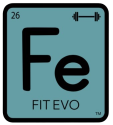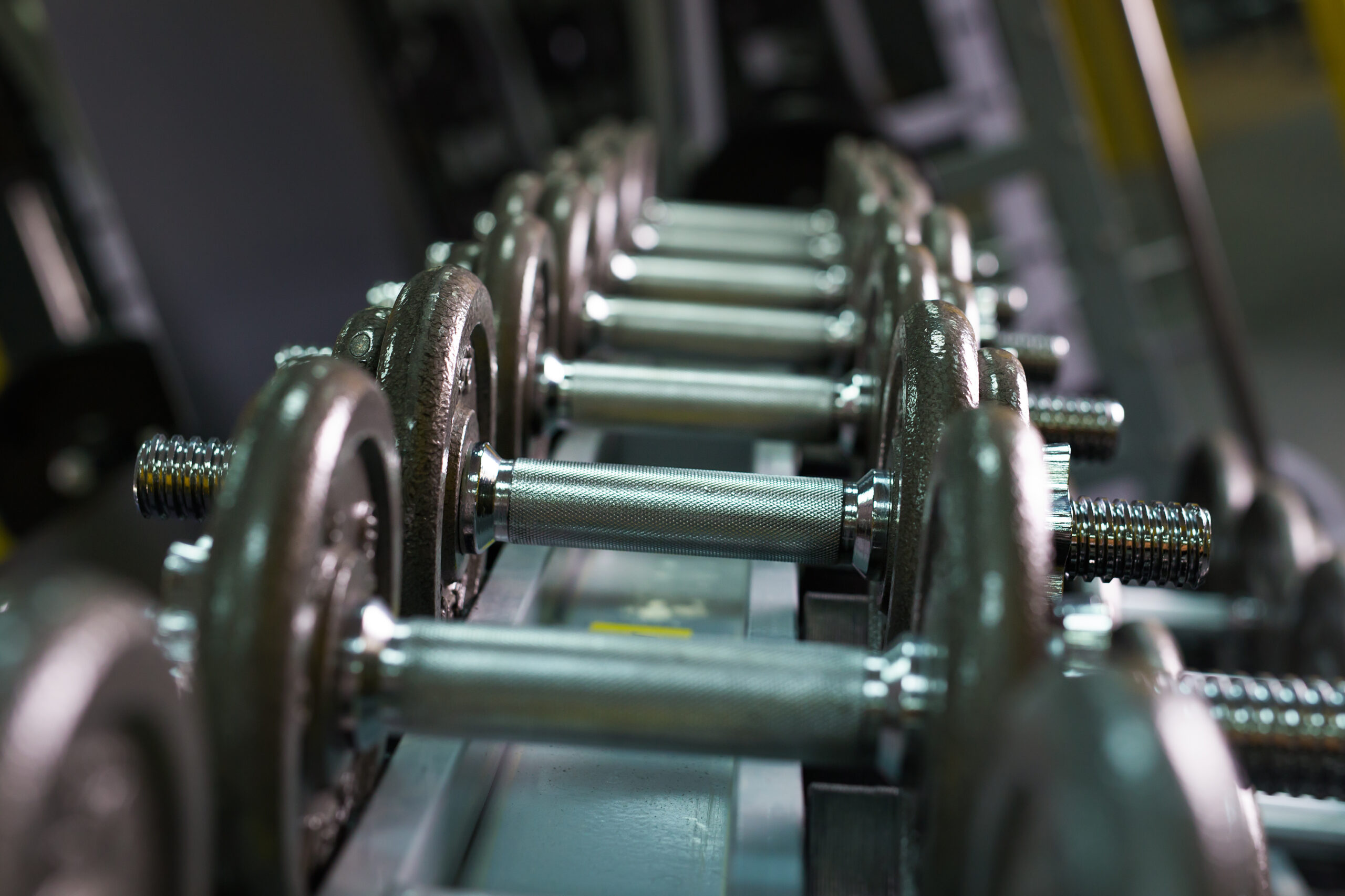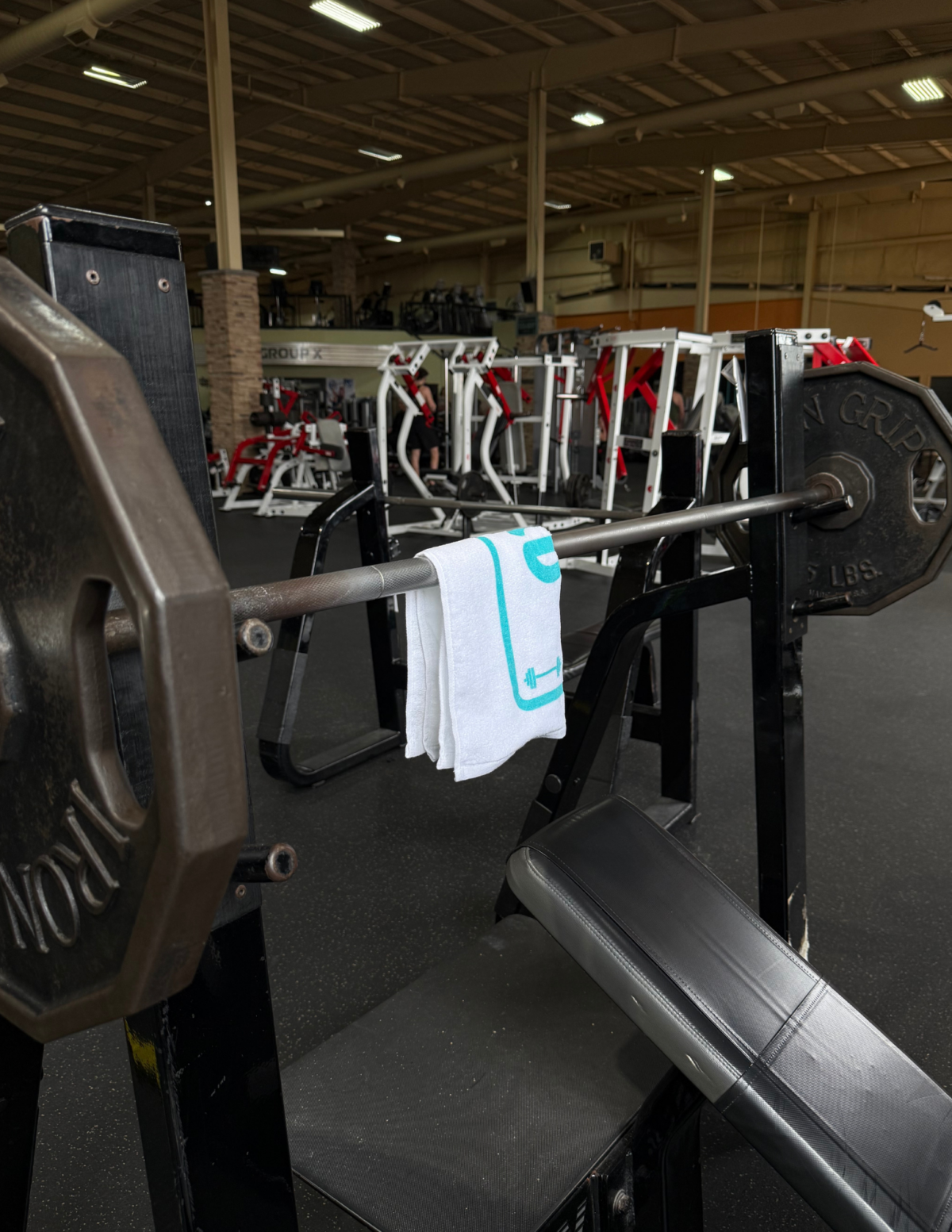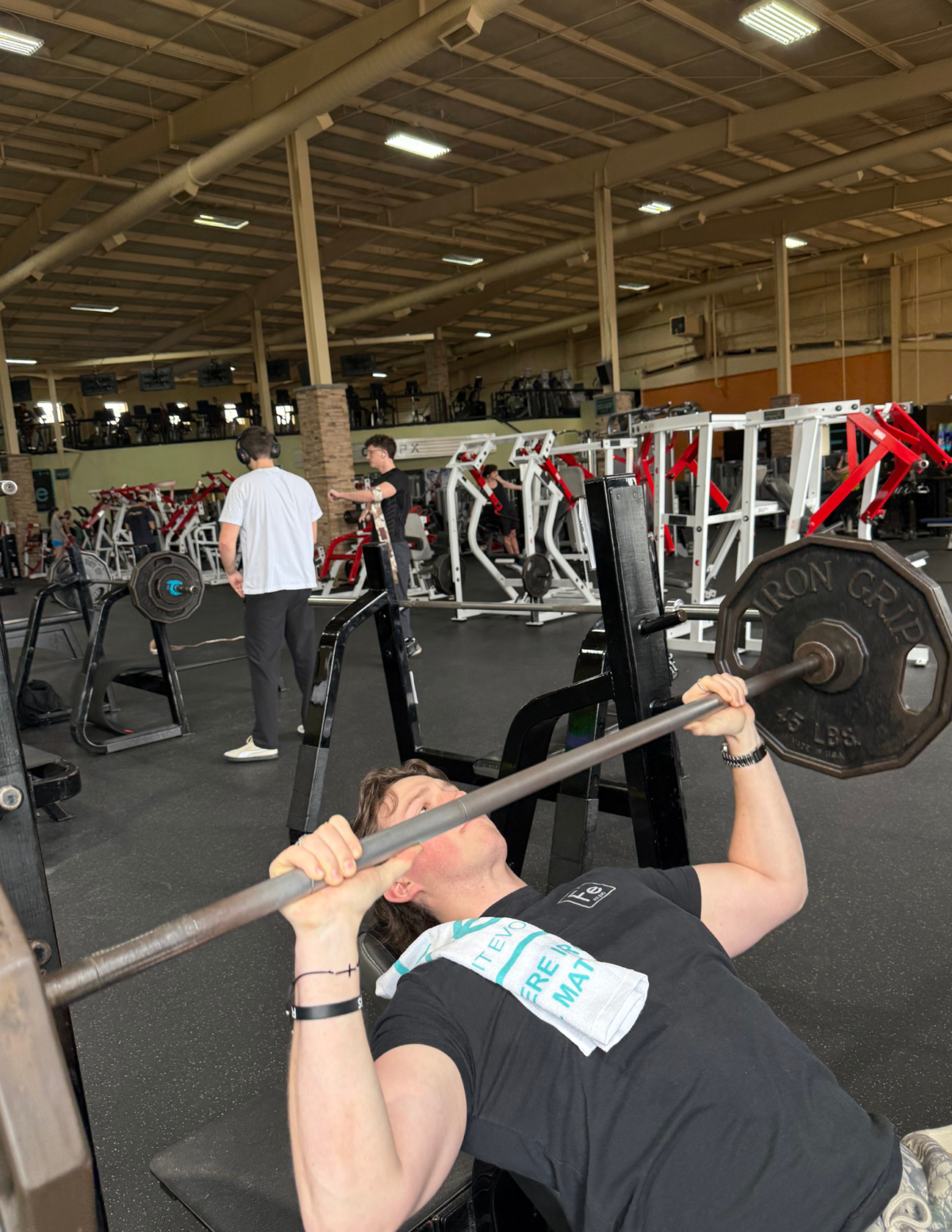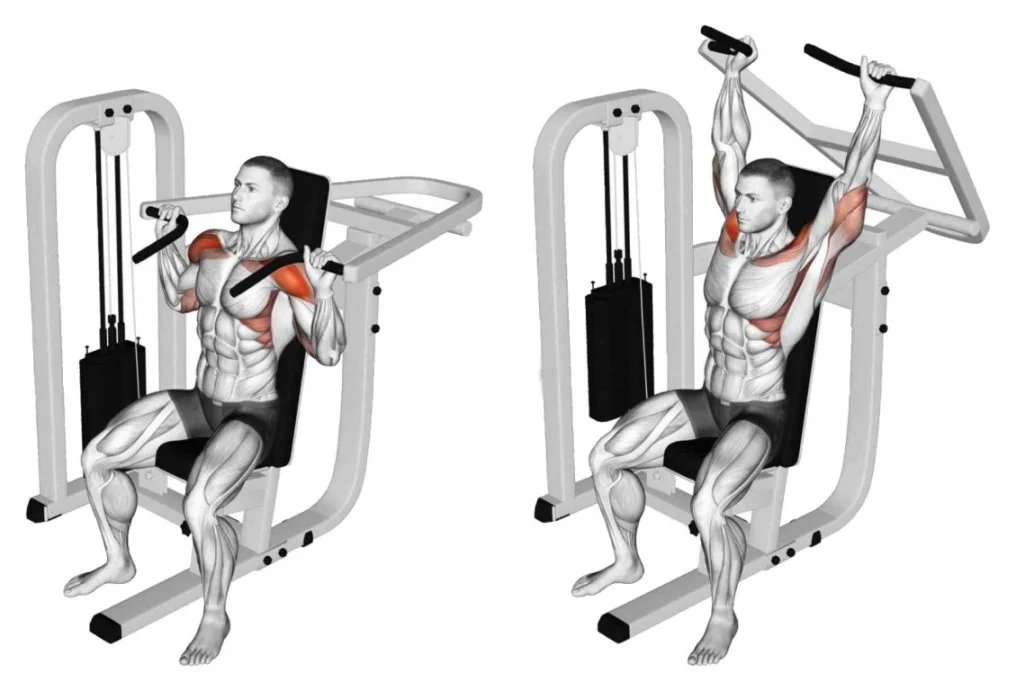Why Use Weights in Core Workouts?
- Post author By Mike Wil
- Post date August 25, 2025
- No Comments on Why Use Weights in Core Workouts?
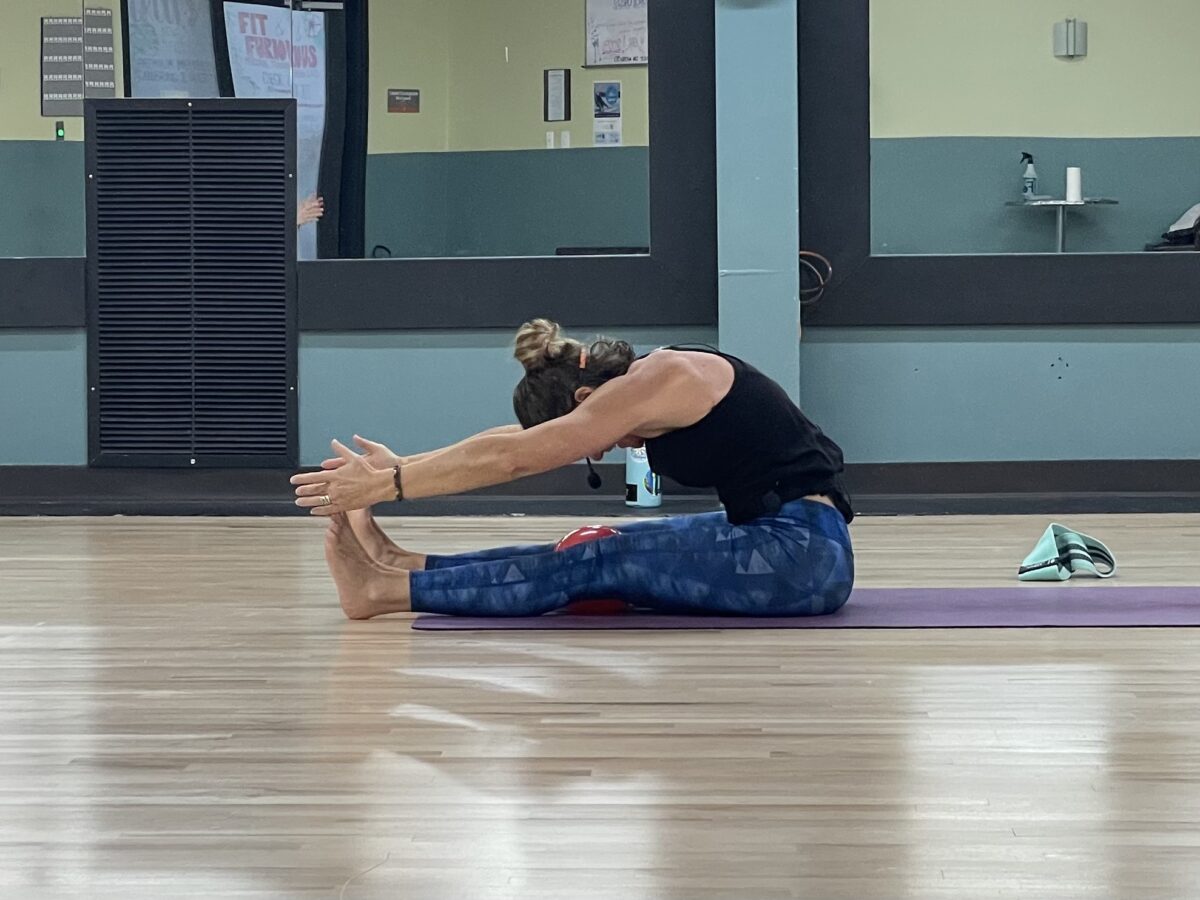
Looking to level up your core workouts? Adding weights to your routine is a great way to build strength and see faster results. Whether you’re just getting started or want to spice up your usual ab routine, weighted core exercises can help you challenge your body in new ways.
But quick heads up: We’re not doctors. Always talk to a professional before jumping into a new workout—especially if you’ve got injuries or health concerns.
Why Use Weights in Core Workouts?
Your core isn’t just your abs. It includes your lower back, obliques, and the muscles deep inside your torso. Using weights helps these muscles work harder, which means better stability, posture, and strength. Plus, it makes your workouts more fun and effective.
Weighted core workouts are also a great way to push past plateaus. If you’ve been doing bodyweight moves for a while and feel like they’re getting too easy, adding resistance is a smart way to keep your progress moving forward.
Another benefit? Better calorie burn. While no workout targets belly fat alone, weighted exercises help you build muscle, and more muscle means a faster metabolism. That’s a win all around.
Here are some of our favorite core workouts using weights that can be done at the gym or right at home:
1. Weighted Russian Twists
- What you need: Dumbbell, kettlebell, or medicine ball
- How to do it: Sit on the floor with your knees bent and feet slightly lifted. Hold the weight in both hands and twist side to side.
- Why it works: Targets your obliques and strengthens your torso rotation.
- Pro tip: Keep your chest lifted and move slowly to really feel the burn.
2. Dumbbell Side Bends
- What you need: One dumbbell
- How to do it: Stand tall with a dumbbell in one hand. Slowly bend to the side, then return to center.
- Why it works: Strengthens your obliques and lower back.
- Pro tip: Keep your hips stable and don’t lean forward or back.
3. Weighted Sit-Ups
- What you need: Dumbbell or plate
- How to do it: Lie on your back with knees bent. Hold the weight at your chest or above your head and perform a sit-up.
- Why it works: Adds resistance to a classic move for more ab activation.
- Pro tip: Don’t yank your neck—focus on using your abs to pull you up.
4. Plank Rows (Renegade Rows)
- What you need: Two dumbbells
- How to do it: Get into a plank position with a dumbbell in each hand. Row one dumbbell at a time while keeping your core tight.
- Why it works: Engages your abs, back, and arms all at once.
- Pro tip: Avoid twisting your hips—staying stable makes it harder and more effective.
5. Weighted Leg Raises
- What you need: Ankle weights or a dumbbell between your feet
- How to do it: Lie on your back with legs straight. Raise and lower your legs while keeping your lower back pressed to the floor.
- Why it works: Focuses on the lower abs and hip flexors.
- Pro tip: Go slow and controlled—don’t let your legs drop too fast.
6. Cable Woodchoppers
- What you need: Cable machine
- How to do it: Stand sideways to the machine and pull the handle diagonally across your body.
- Why it works: Builds rotational core strength and works your obliques.
- Pro tip: Keep your arms straight and twist through your torso.
7. Weighted Dead Bug
- What you need: Dumbbells
- How to do it: Lie on your back with arms and legs in the air. Hold a dumbbell in each hand. Lower one arm and the opposite leg, then return to start.
- Why it works: Great for core control and coordination.
- Pro tip: Keep your lower back pressed into the mat.
8. Standing Weighted Marches
- What you need: Dumbbells or kettlebell
- How to do it: Hold a weight in front of your chest and slowly march in place, lifting each knee as high as possible.
- Why it works: Engages your core to keep your balance.
- Pro tip: Try it on one leg to up the challenge.
9. Overhead Dumbbell Carries
- What you need: Dumbbell or kettlebell
- How to do it: Hold a weight overhead with one arm and walk for a set distance or time.
- Why it works: Forces your core to stabilize your entire body.
- Pro tip: Keep your arm locked out and torso upright.
10. Weighted Hollow Body Hold
- What you need: Dumbbell or medicine ball
- How to do it: Lie on your back with a weight held overhead and legs extended. Lift arms and legs slightly off the ground and hold.
- Why it works: One of the toughest static holds for building deep core strength.
Pro tip: Don’t forget to breathe!
Sample Weighted Core Workout (30 Minutes)
Want a routine to follow? Try this 30-minute circuit:
- Weighted Russian Twists – 3 sets of 20 (10 each side)
- Plank Rows – 3 sets of 12 (each side)
- Weighted Sit-Ups – 3 sets of 15
- Cable Woodchoppers – 3 sets of 12 (each side)
- Weighted Leg Raises – 3 sets of 15
- Overhead Carries – 3 x 30 seconds each arm
Rest 30–60 seconds between sets.
- Start light. If you’re new to weights, go for something small and work your way up.
- Form first. Don’t rush. Focus on doing each move correctly.
- Engage your core. Always keep those muscles tight and controlled.
- Mix it up. Try different exercises each week to keep things fresh.
- Track your progress. Add reps or weight as you get stronger.
Pair with other training. Core work is great with full-body routines or cardio days.
How Often Should You Do Weighted Core Workouts?
You can do core workouts with weights 2–3 times a week. Just make sure you give your muscles time to recover. Core muscles need rest too!
It’s smart to rotate between different movements—some that challenge your stability, some that build rotation, and others that target deep muscles. That balance will help you build a rock-solid center without overtraining.
Does weight lifting work your core?
Yes! Most weightlifting exercises engage your core for balance and stability, even if they aren’t directly targeting abs.
What is the number 1 core workout?
Planks are often considered the best overall core workout because they work your abs, back, and shoulders all at once.
Can you do core exercises with weights?
Absolutely. Adding weights to core exercises can help increase strength and challenge your muscles more.
What are the top 3 exercises for core?
Planks, Russian Twists, and Leg Raises are three of the most effective core exercises.
Want even better results from your core workouts with weights? Try these extra tips:
- Add tempo training. Slow down the movement—like a 3-second lowering phase on sit-ups or leg raises—to make each rep count more.
- Use supersets. Pair two core moves back-to-back, like a Russian Twist followed by a Dead Bug.
- Do a finisher. Add a 5-minute challenge at the end of your workout with something like a weighted plank hold and dumbbell marches.
Don’t skip your diet. Strengthening your core won’t show unless your nutrition supports fat loss.
